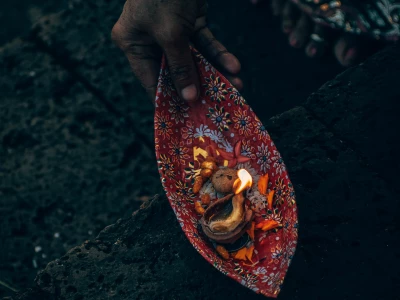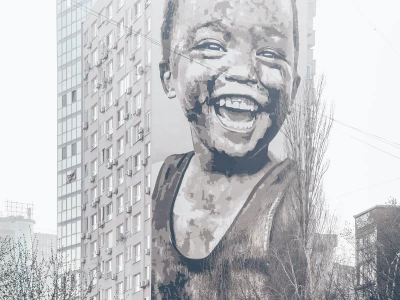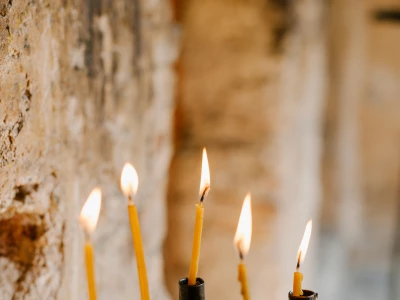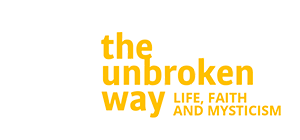Share this article
Two Of The Most Important Benefits of Spiritual Discipline

‘Everyone thinks of changing the world, but no one thinks of changing himself.’
⸻Tolstoy
In The Hospital ⸻A Short Story On Being Calm
It was time for my late wife, Cushla’s surgery. She smiled and waved goodbye to the patients she shared a room with as a couple of porters wheeled her down on a trolley bed to the operating theatre. I walked up and down the hospital corridors, fervently praying while waiting for her to return to me. Eventually, a nurse told me that Cushla was coming out of the theatre. I went down to greet her as she was wheeled out through the double doors and back to her room. She looked up from her bed and smiled at me.
Afterwards, as she slept, I went to see the surgeon. Everybody, staff and patients, called him Dr Steve, but Cushla and I had our own private nickname for her oncologist: we called him ‘Sidney’, after the famous Hollywood actor Sidney Poitier. Dr Steve, like the actor, was a handsome black man from the Caribbean and had, we thought, similar personality traits to the actor, including a serious and dignified persona combined with a professional aura. It was he who, six months before her operation, first diagnosed Cushla’s breast cancer. From the first time we met him, we had an immediate rapport with him—he was kind, caring, and into the bargain, and had a reputation as highly competent.
Standing in his office, Steve reassured me that everything had gone according to plan: ‘In all my years of surgery, and I perform up to two hundred a year, I have never had a patient on their way to theatre as calm as your wife.’ I swelled with pride, pleased that an experienced surgeon was so impressed by her courage and composure.
‘But you’re from the Caribbean, where people are known for their relaxed attitude. You must have come across very cool patients,’ I said, playing the devil’s advocate. ‘Not like your wife,’ he answered emphatically.
The next day, while Cushla was recovering, Steve sat down on her bed and asked her where she got her equanimity from. I suspect he already had a good idea. He was a spiritual man himself, but, like me, he wanted more of what Cushla had. She told him about her prayer life, meditation, spiritual reading, and receiving the sacraments. As he left Cushla’s beside, I could tell he was inspired by her.
Cushla had always been calm, but her spiritual discipline had brought her to a different level of serenity. Six months after her first procedure with Steve, she was diagnosed with terminal cancer and soon afterwards faced her death with complete peace, fearlessness and courage.
Finding The Motivation For Spiritual Discipline

'The Christian ideal has not been tried and found wanting; it has been found difficult and left untried.'
⸻Gilbert K. Chesterton (1874-1936), English writer, philosopher, lay theologian, and literary and art critic.
After being together for twenty-five years, I finally realised that I’d never have the equanimity, peace of mind and fearlessness Cushla had without doing the work. She was the happiest person I knew, despite having endured a mysterious and debilitating illness long before she was diagnosed with cancer. Inspired, I decided to try and climb the ‘spiritual mountain’ with her.
Not being a natural when it came to religious and spiritual discipline, I needed all the motivation I could get. Apart from Cushla’s support, the main thing that kept me going was the search for a meaningful purpose. I knew I had to approach spiritual discipline like an athlete. Being a former runner in secondary school, albeit not a very good one, I realised that successful sports people stay motivated during the bleak winter evenings and the early morning training sessions by holding onto a vision, imagining the sense of victory standing on the roster. Here are two of the most important victories we can expect from having spiritual discipline:
1) Spiritual Discipline Prepares You For The Traumatic Events In Your Life.
‘In a New York Minute
Everything can change.
In a New York Minute
Things can get pretty strange.’
⸻Lyrics from the song New York Minute by Don Henley of the Eagles
I’m old enough now to know that when life is going well, it won’t be long before I, or a loved one, will have to face a significant trial. If we’re lucky not to have endured long-term illness or experienced too many traumas, we still have to deal with everyday irritations and disappointments. Some take suffering personally, but none of us can avoid it. It can wear us down if we don’t have the emotional, psychological and spiritual armour to deal with it. Like good athletes, we need to train regularly to face everyday hardships and unforeseen trials.
I realise I’m speaking from personal experience, but I never met anyone who, after experiencing a severe trial or an everyday setback, recovered their mental and emotional equilibrium as quickly as Cushla did. She had built the ‘muscles’ of her character, inner life and resilience through years of spiritual and religious practice.
Doug Rumford, a pastor in California, talks about building up our soul memory on his website, dougrumford.com: ‘Spiritual discipline, then, is developing soul reflexes so that we know how to live. We discipline ourselves to develop soul memory in normal times so that we’ll be equipped for times of high demand and crisis.’
2) Spiritual Discipline Gives You An Eternal Perspective

‘We must often draw the comparison between time and eternity. This is the remedy of all our troubles. How small will the present moment appear when we enter that great ocean.’
— Elizabeth Ann Seton (1774-1821) was an educator and the first native-born American to be canonised as a saint.
If we neglect our spiritual and religious work, we can begin to believe that this world is the only reality. We then tie our dreams and security to this thing called ‘earthly existence’. Inevitably, with no eternal life to hope in, we are in for devastating shocks and crushing disappointments.
Saint Josemaría Escrivá used to say: ‘When we Christians have a bad time, it is because we don’t give this life all its divine meaning. Approaching our daily life with that perspective of searching for something beyond first impressions allows us to discover the hidden riches of the present moment. It opens a complete view of reality for us, helping us see that everything that happens can be transformed for the good.'
Having an eternal perspective kept me going in the darkest times of my life. When we lost Meera Thérèse, our only child through miscarriage and then nine years later Cushla died I was devasted. But, what kept me going was the belief that I knew I’d see them again.
But, like all spiritual insights, this way of seeing things had taken me years to absorb into my psyche. I had been too attached to worldly success and focused on ‘seen things’ to fully grasp that this life is transient and that there are greater invisible realities than we can ever imagine. However, after witnessing Cushla’s extraordinary mystical qualities and trying to follow her example, I now realise that an eternal perspective cannot be understood intellectually. Indeed the intellect, especially prideful secular scholarship, can get in the way. It’s only through God’s grace and putting in the spiritual work that we are allowed to catch a tiny glimpse of another realm beyond the veil, a realm that is more real than this material world.
Final Note
I have discussed two benefits of spiritual discipline. The list is long, but here are some other important benefits which increase with practice:
1) A sense of peace
2) Possibility thinking
3) Enhanced creativity
4) Ability to endure hardship and suffering
5) Better decision making
6) Greater insight
7) Serenity
Share this article
Categories
in your inbox
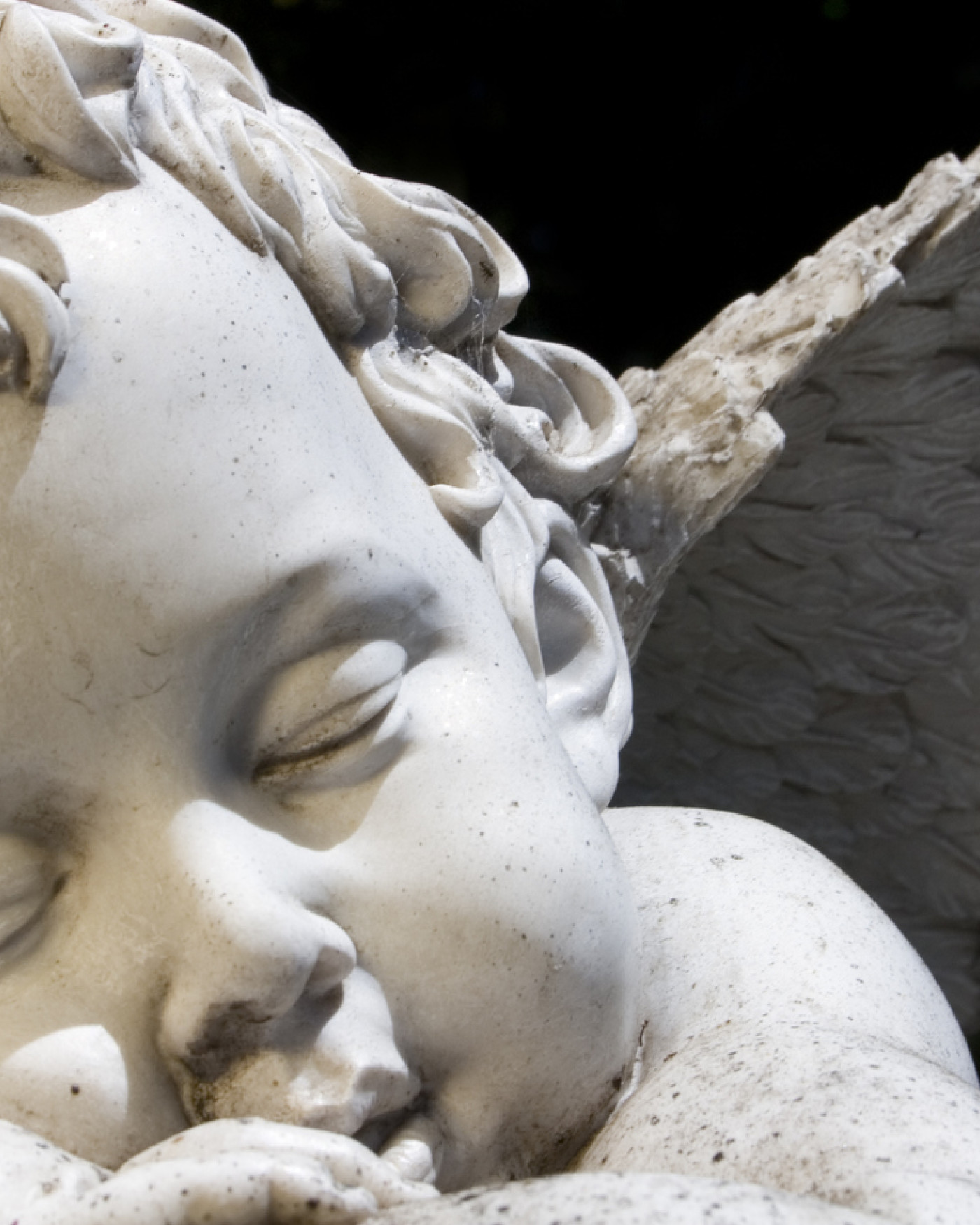
Fortitude & Resilience


